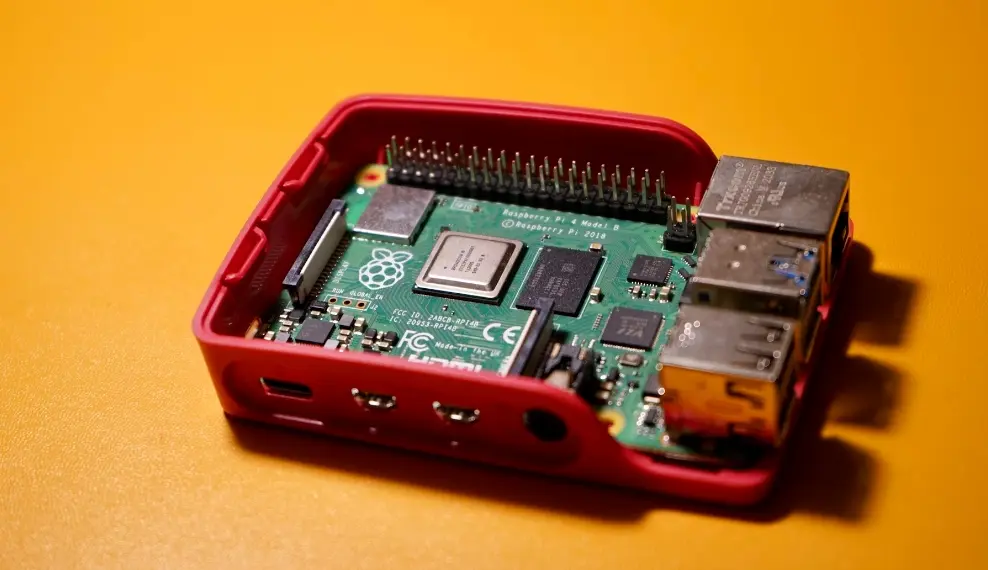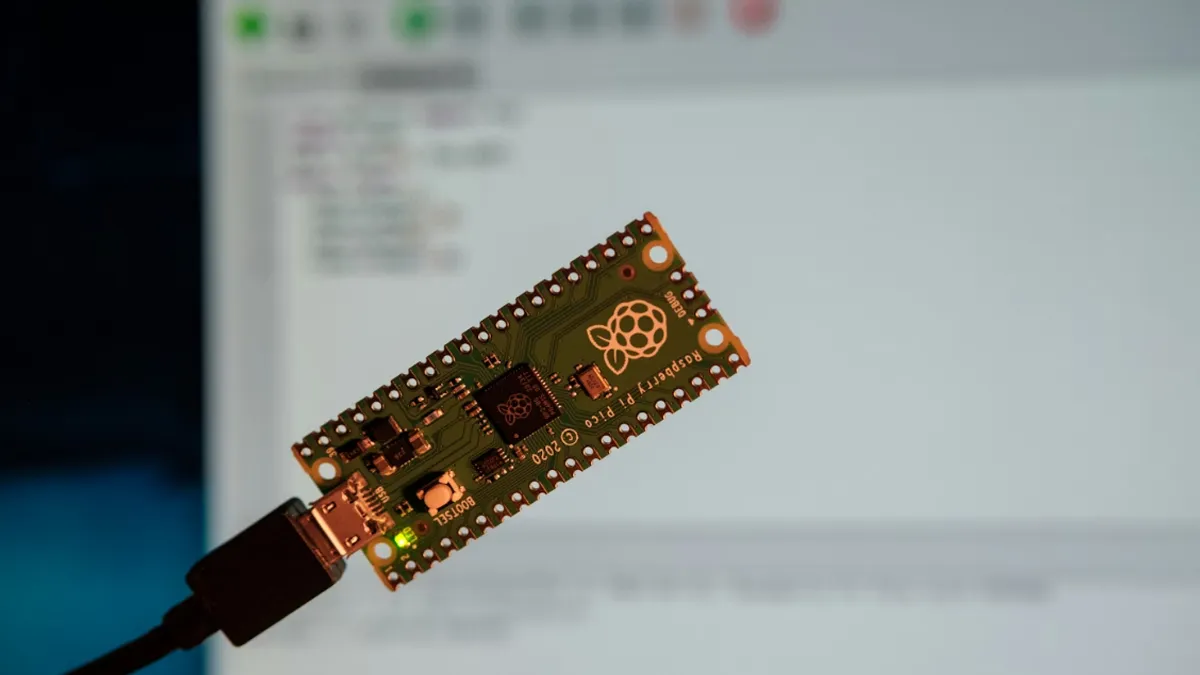
Electrical Equipment TELEC Certification
Guide to Electrical Equipment Certification in Japan
Hello everyone! Today, let’s talk about telec certification, an important requirement in Japan for electrical and wireless communication equipment. Many cross-border e-commerce sellers need to obtain this certification before entering the Japanese market.

So, what exactly is TELEC certification? What role does it play? How can you apply for it? This article will provide you with a comprehensive explanation.
What is TELEC Certification?
TELEC, short for Telecommunications Engineering Center, is a Japanese certification body responsible for certifying wireless communication devices. TELEC certification mainly applies to wireless communication and electrical equipment, ensuring they comply with Japan’s Radio Lawand electrical safety standards.
For sellers, TELEC certification is essential when selling wireless communication products in Japan (such as smartphones, Bluetooth earphones, routers, smart home devices, etc.). It proves your product meets Japan’s wireless communication regULations, helping you avoid legal risks and compliance issues.
Why is TELEC Certification Necessary?
- Legal Requirement: Under Japan’s Radio Law, all wireless communication devices must be certified before being sold. Products without TELEC certification may be refused entry by customs or even subject to fines.
- Market Access: Products with TELEC certification gain greater consumer trust in Japan, improving recognition and increasing sales opportunities.
- Compliance Assurance: TELEC certification ensures that devices do not interfere with other equipment and comply with electrical safety standards, protecting user safety.
Scope of TELEC Certification
TELEC certification applies to the following categories of wireless communication devices:
- Mobile communication devices: Smartphones, tablets, smartwatches, etc.
- Wireless network devices: Wi-Fi routers, Bluetooth earphones, wireless keyboards, etc.
- Smart home products: Smart plugs, smart bulbs, etc.
- Other wireless devices: In-car wireless equipment, drones, etc.
How to Apply for TELEC Certification?
01. Prepare Documents
Applicants must provide the following materials:
- Product technical specifications;
- User manual (including frequency, power, etc.);
- Circuit diagrams and test reports;
- Product samples (if requiRED);
- Legal representative’s identification documents.
02. Product Testing
Products undergo radio performance testing, including:
- Frequency testing: Ensures compliance with Japanese radio frequency standards.
- Power testing: Confirms output power does not exceed permitted limits.
- Electromagnetic compatibility testing: Checks for excessive electromagnetic interference.
These tests are usually carried out by labs designated by the certification body.
03. Submit Application
Once documents are ready, submit your application to TELEC. The certification body will review the materials, inspect the product, and arrange necessary tests.
04. Obtain Certificate
If the product passes testing and review, TELEC will issue a certification certificate. This proves your product complies with Japan’s Radio Lawand electrical safety standards.
Processing Time for TELEC Certification
Certification typically takes 1 to 3 months, depending on the product type and application complexity. To avoid delays in sales, sellers should prepare documents early and maintain good communication with the certification body.
Cost of TELEC Certification
Certification costs vary based on product type, quantity, and testing complexity. Generally, fees range from a few thousand to tens of thousands of RMB. You can consult the certification body in advance to obtain a detailed cost estimate.
Frequently Asked Questions
Do all wireless communication devices require TELEC certification?
Yes. All wireless communication devices (Bluetooth devices, Wi-Fi devices, smart hardware, etc.) must be certified before being sold in Japan.
Does TELEC certification conflict with other certifications?
No. TELEC certification does not conflict with other international certifications (such as CE or FCC). Instead, they complement each other, enhancing a product’s global competitiveness.
How to avoid TELEC certification failure?
Sellers should ensure product designs comply with Japan’s Radio Lawand electrical safety standards—especially regarding frequency and power. If uncertain, consult with the certification body or a professional service provider in advance.
Email:hello@jjrlab.com
Write your message here and send it to us
 What is EU CE-RED Directive Certification?
What is EU CE-RED Directive Certification?
 What is CE certification electronics?
What is CE certification electronics?
 EU CE-RED Certification Guide for Wireless Product
EU CE-RED Certification Guide for Wireless Product
 How to get for Wireless CE Certification?
How to get for Wireless CE Certification?
 What is CE Certification for Wireless devices?
What is CE Certification for Wireless devices?
 Amazon Toy TIC Audit Costs, Timelines, and Testing
Amazon Toy TIC Audit Costs, Timelines, and Testing
 Amazon Direct Validation (DV) Audit
Amazon Direct Validation (DV) Audit
 Products Requiring Amazon TIC Certification Review
Products Requiring Amazon TIC Certification Review
Leave us a message
24-hour online customer service at any time to respond, so that you worry!




